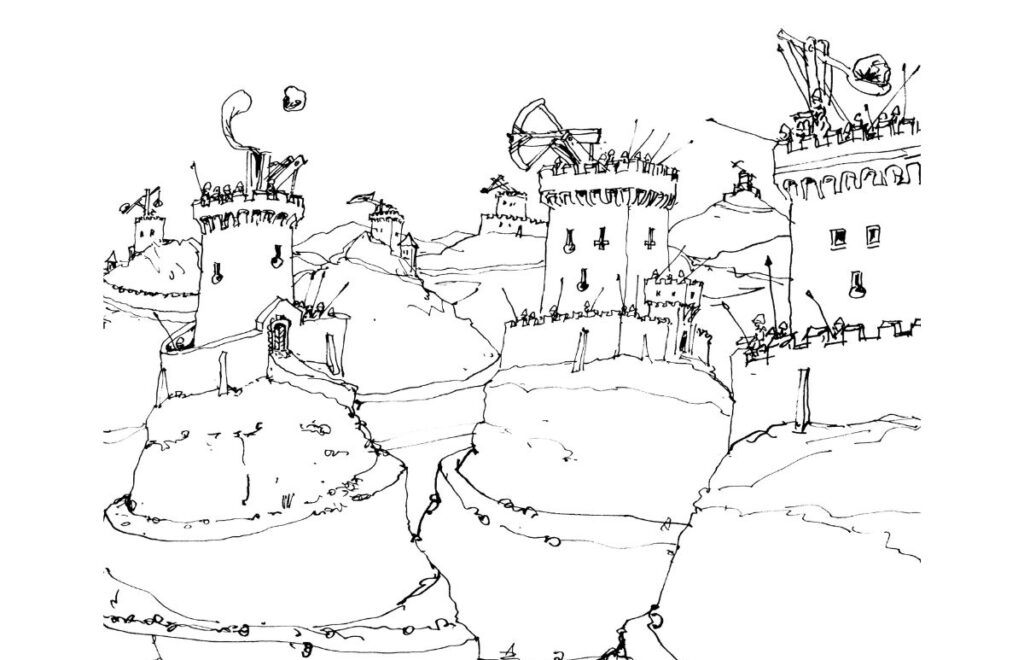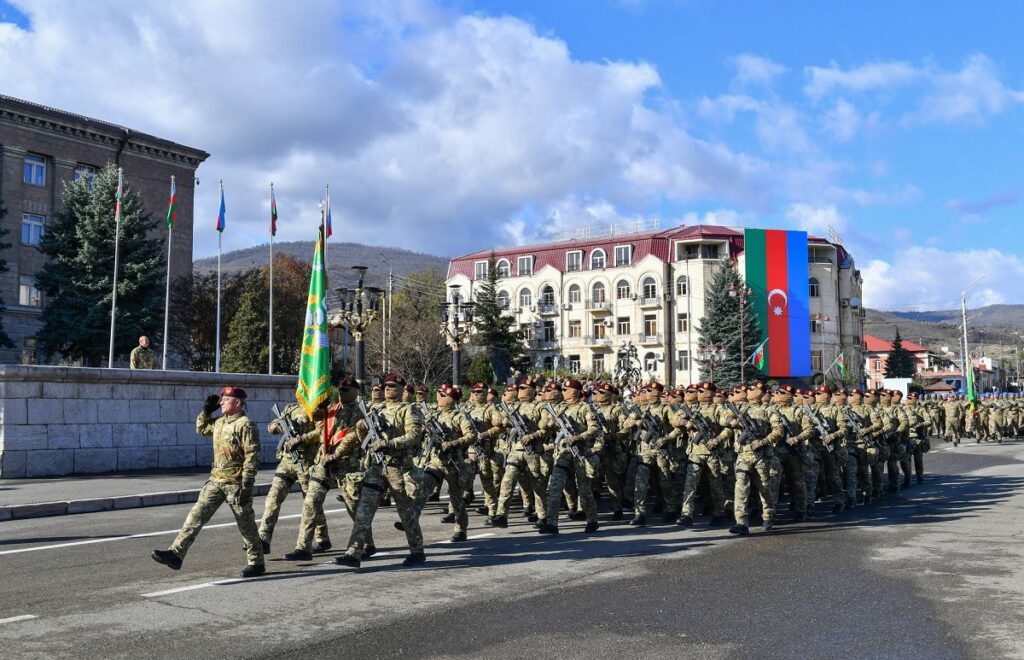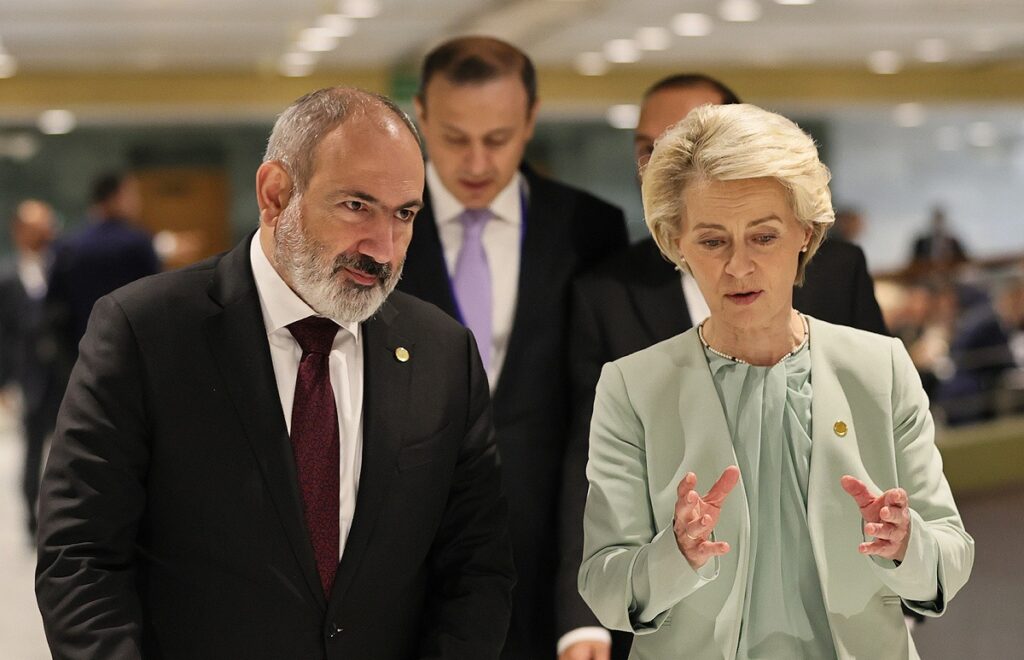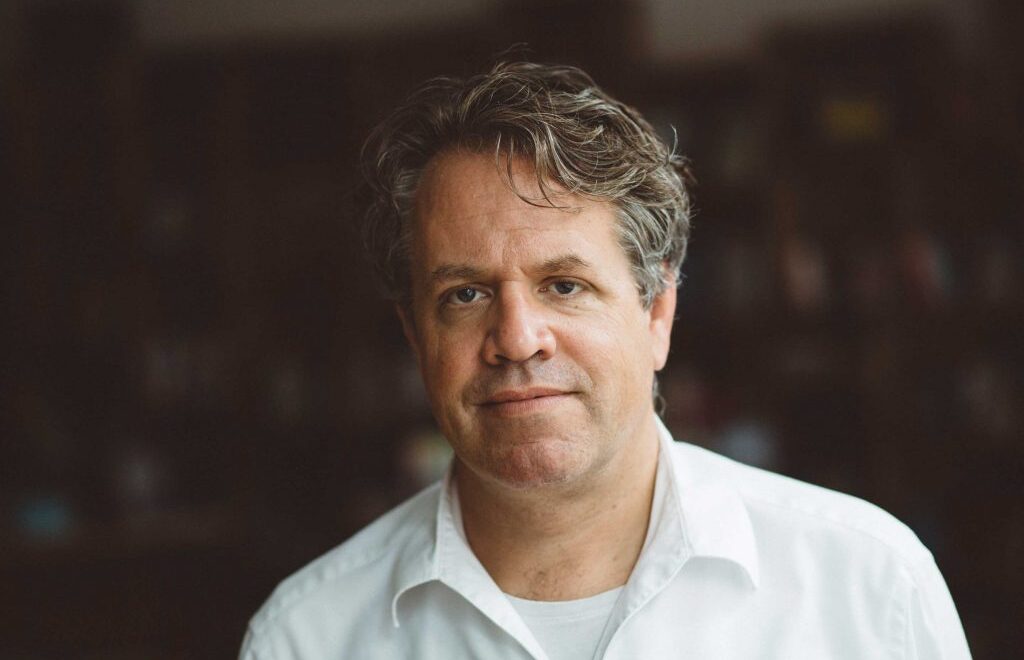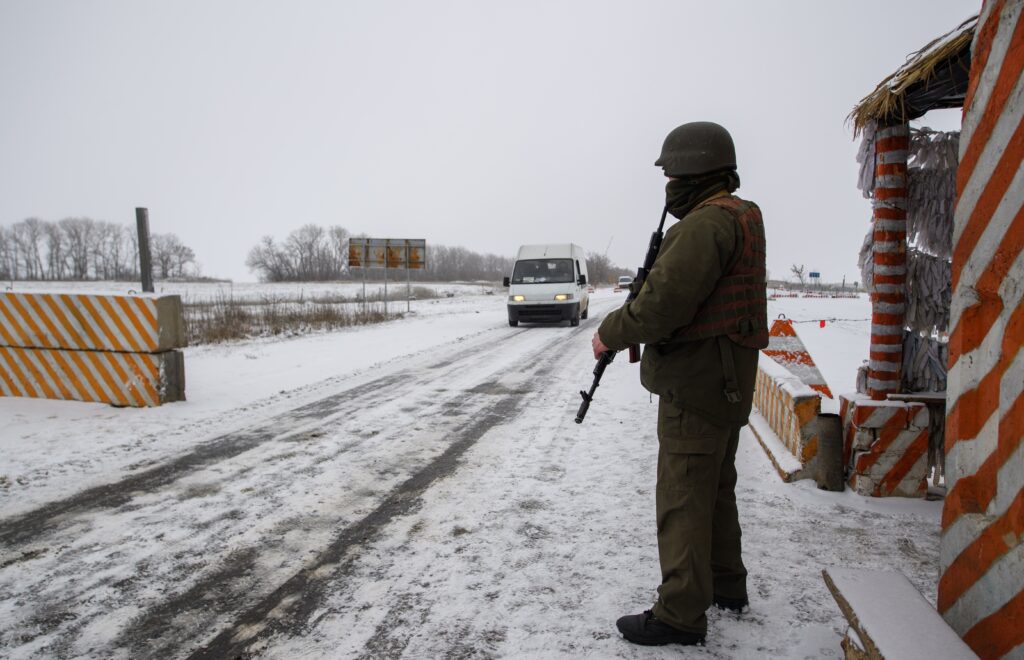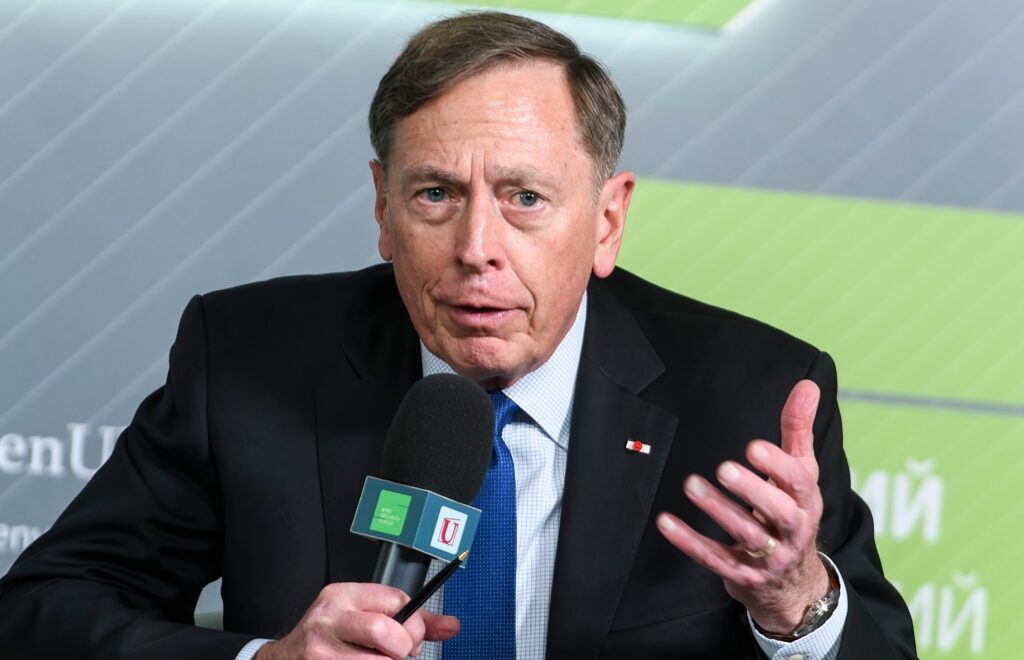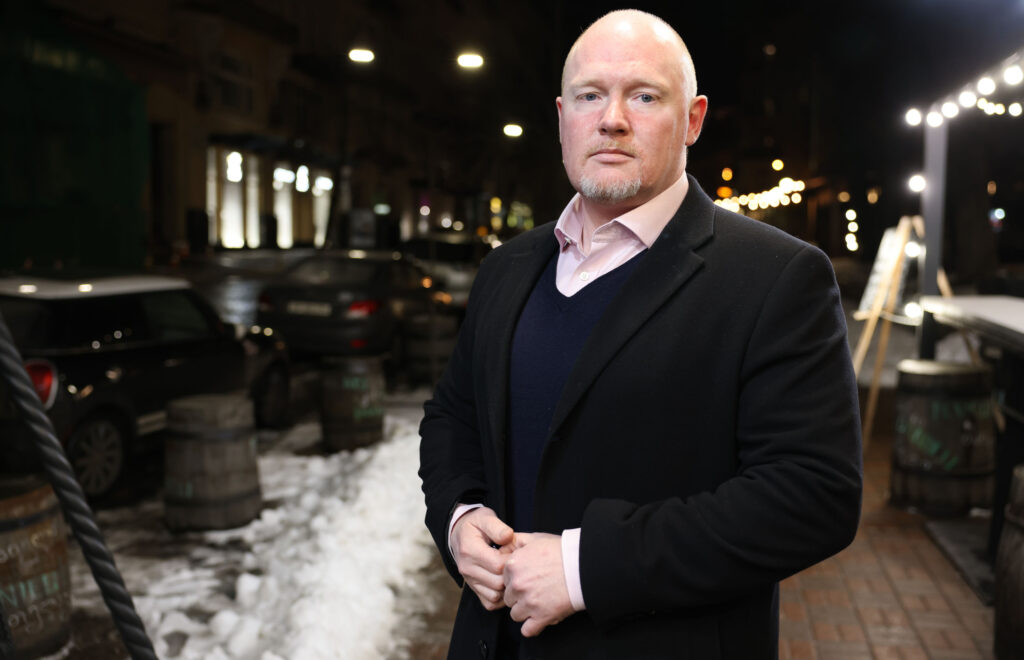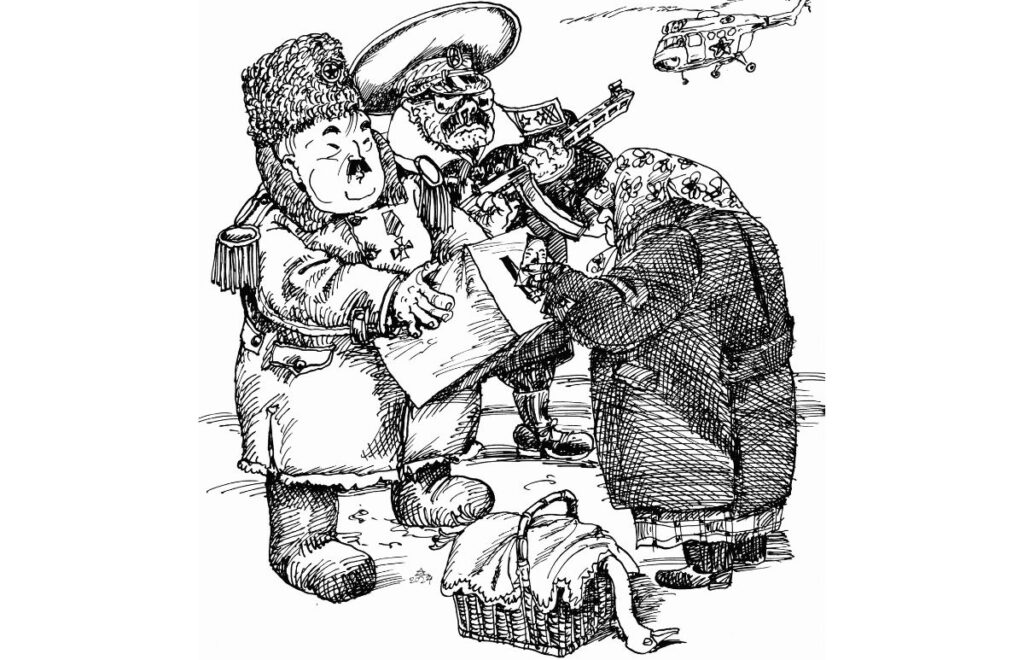The legacy of the displaced in the South Caucasus: from yesterday till today
The dissolution of the Soviet Union in December 1991 was heralded by many western politicians, academics and others as a largely peaceful event. For many Central Asians and South Caucasians, however, it was far from tranquil. Tajikistan experienced a devastating civil war (1992-97). Georgia fought two wars with Russia over the regions of Abkhazia (1992-93) and South Ossetia (1991-92), while Azerbaijan and Armenia fought a war over the region of Nagorno-Karabakh (1992-94). Both Georgia and Azerbaijan were left with large internally displaced person (IDP) populations, the vast majority of whom are still displaced today.
April 11, 2024 - Jennifer S. Wistrand


